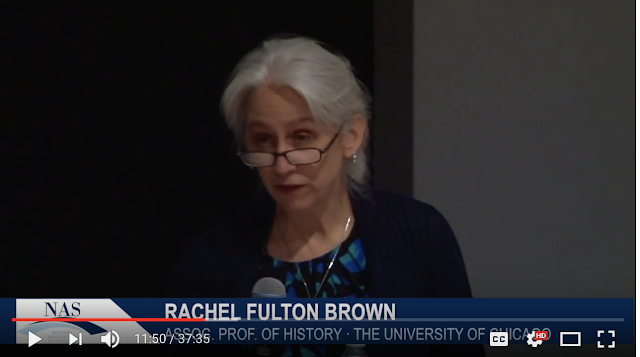Competition, in a nutshell
I think this says it all. No wonder, even when I fence well, I feel somewhat disappointed--"It was too easy"--and when I lose, I still enjoy having made that touch (and, oh, it was a beauty!):
"Competition is characterized by a variety of paradoxes which derive from the difficulty of satisfying at once a wish to demonstrate aggressive individuality and a wish to be approved and protected. Many psychological needs are served by a single action, and each response to a stimulus represents the sum of myriad desires. Often simultaneously, and at least alternately, the competitor seeks opposing goals. He wants to have his cake and eat it too. He wants to be daring, and he wants to be careful. He wants to expose himself, and he wants to hide. He delights in risk and uncertainty--early in the [bout]--and resents it later on. He desires victory and feels undeserving if he achieves it. He wants to fight and to flee, to charge and to escape.
"He seeks freedom, unrestrained opportunity for assertiveness, and structured restriction in accordance with the rules of the game--to satisfy both the Child and the Parent within him. He wishes for certainty, preparing himself so as to assure a victory, and for uncertainty, delighting in surprises. He desires to learn, to gain from each experience, and also to be fully knowledgeable, to be an expert. He wants to win, to attain success, but also to perpetuate the joy of striving toward that success. He wants to display courage and to reduce risk and hedge against the possibility of loss. Alternately or simultaneously he wants to conquer his enemies and please his friends [who, in competition, are often the same]. He wants to deserve his victory, to win with difficulty, and to win with certainty, with ease. He professes always to wish to win, but he often wishes to lose....
"Essentially, the competitor seeks action for its own sake regardless of the outcome. He wishes to be distinguishable--whether as a winner or as a loser. He feels the urge to cause, to stimulate, to create. He seeks situations that will affect him and that he will affect, that provide the opportunity for a response, whether beneficial or detrimental. He delights in risk, in uncertainty, in challenge, in surprise. He wishes to sense life, preferring pain to lack of sensation and failure to lack of trial. He is courageous; he accepts the risk, even the probability, of failure in order to realize the possibility of the perfect performance."
"Competition is characterized by a variety of paradoxes which derive from the difficulty of satisfying at once a wish to demonstrate aggressive individuality and a wish to be approved and protected. Many psychological needs are served by a single action, and each response to a stimulus represents the sum of myriad desires. Often simultaneously, and at least alternately, the competitor seeks opposing goals. He wants to have his cake and eat it too. He wants to be daring, and he wants to be careful. He wants to expose himself, and he wants to hide. He delights in risk and uncertainty--early in the [bout]--and resents it later on. He desires victory and feels undeserving if he achieves it. He wants to fight and to flee, to charge and to escape.
"He seeks freedom, unrestrained opportunity for assertiveness, and structured restriction in accordance with the rules of the game--to satisfy both the Child and the Parent within him. He wishes for certainty, preparing himself so as to assure a victory, and for uncertainty, delighting in surprises. He desires to learn, to gain from each experience, and also to be fully knowledgeable, to be an expert. He wants to win, to attain success, but also to perpetuate the joy of striving toward that success. He wants to display courage and to reduce risk and hedge against the possibility of loss. Alternately or simultaneously he wants to conquer his enemies and please his friends [who, in competition, are often the same]. He wants to deserve his victory, to win with difficulty, and to win with certainty, with ease. He professes always to wish to win, but he often wishes to lose....
"Essentially, the competitor seeks action for its own sake regardless of the outcome. He wishes to be distinguishable--whether as a winner or as a loser. He feels the urge to cause, to stimulate, to create. He seeks situations that will affect him and that he will affect, that provide the opportunity for a response, whether beneficial or detrimental. He delights in risk, in uncertainty, in challenge, in surprise. He wishes to sense life, preferring pain to lack of sensation and failure to lack of trial. He is courageous; he accepts the risk, even the probability, of failure in order to realize the possibility of the perfect performance."
--Stuart H. Walker, Winning: The Psychology of Competition (1986), pp. 4-5




Comments
Post a Comment
Thank you for taking the time to respond to my blog post. I look forward to hearing what you think!
F.B.